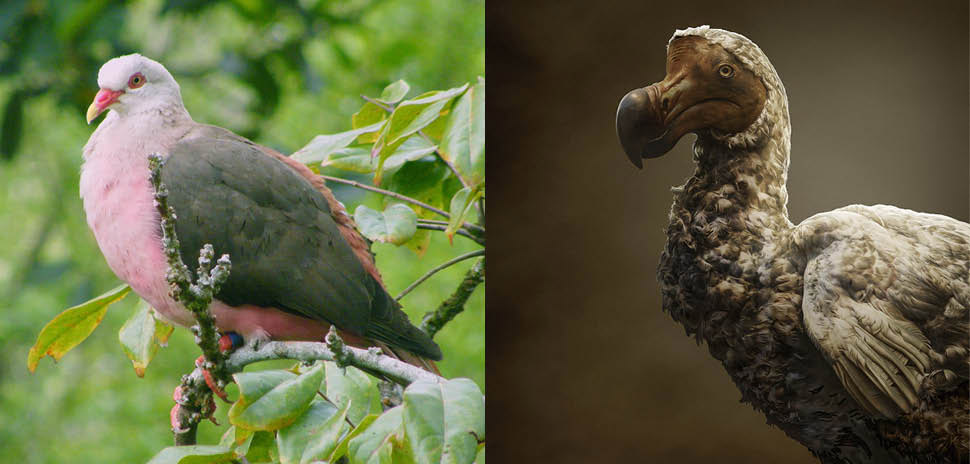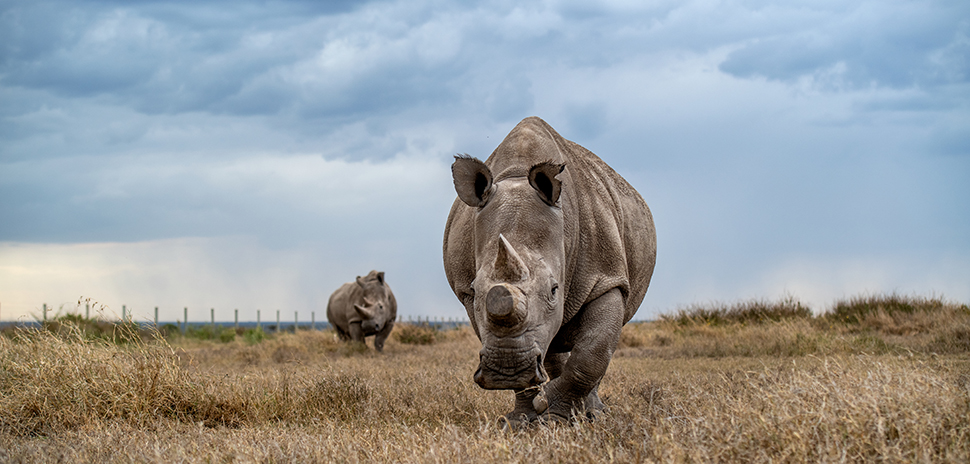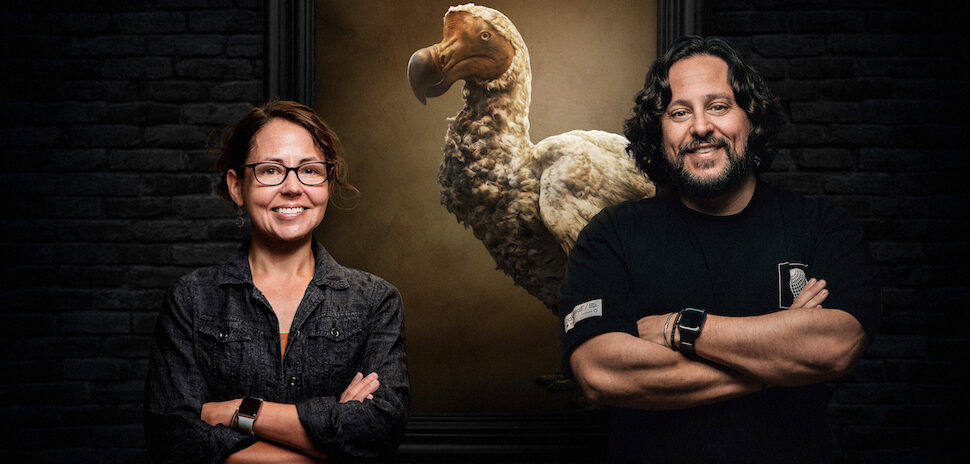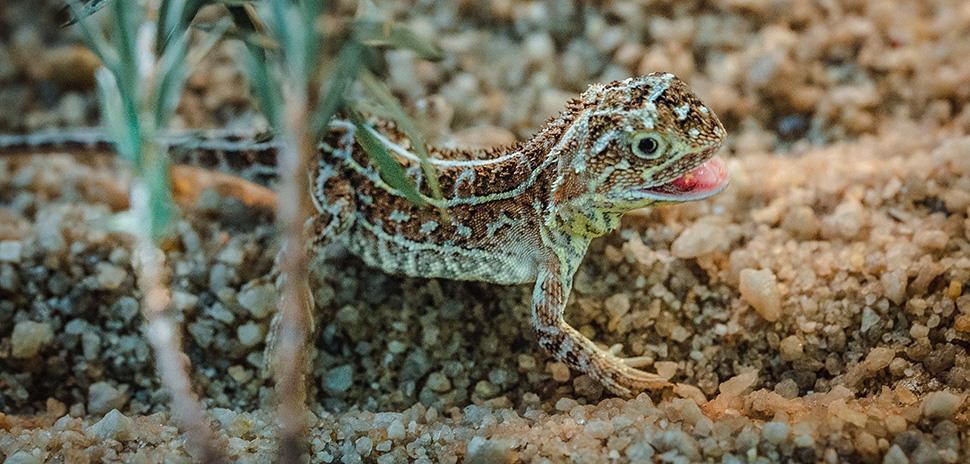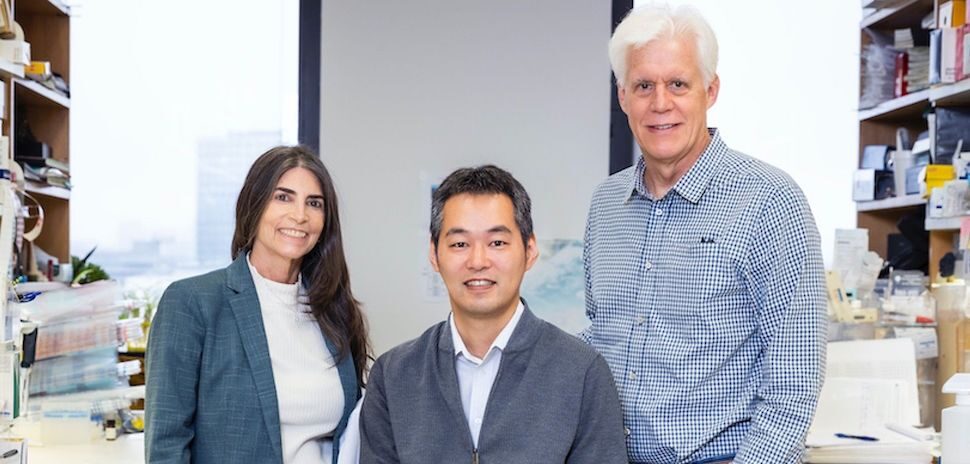Last January, we told you about Texas-based Colossal Biosciences’ plans to “de-extinct” the dodo—a large flightless bird which was hunted out of existence on the Indian Ocean island of Mauritius in 1662.
“The dodo is the symbol of man-caused extinction,” Dallas-based Colossal Co-Founder and CEO Ben Lamm told us at the time. “It’s only fitting that Colossal works to reverse that.”
Last week, Colossal gave an update on the project, announcing a partnership with the Mauritian Wildlife Foundation—a nonprofit based in Mauritius that works closely with the Mauritian government and a host of partners on conservation matters—to help return the extinct dodo to its home. The foundation will serve as Colossal’s primary “rewilding partner” for the project, with a goal of resurrecting and rewilding the dodo.
Colossal previously announced plans to “de-extinct” the woolly mammoth via an elephant-mammoth hybrid, as well as to bring back the Tasmanian tiger. Its investors include everyone from the CIA to Paris Hilton to a long list of VC firms and billionaires like tech investor and USIT Chairman Thomas Tull.
Colossal and the Mauritian Wildlife Foundation will also be collaborating on “the restoration of critical ecosystems through invasive species removal, revegetation, and community awareness efforts,” Colossal said. These habitats will support dodo populations as well as other native Mauritian species.
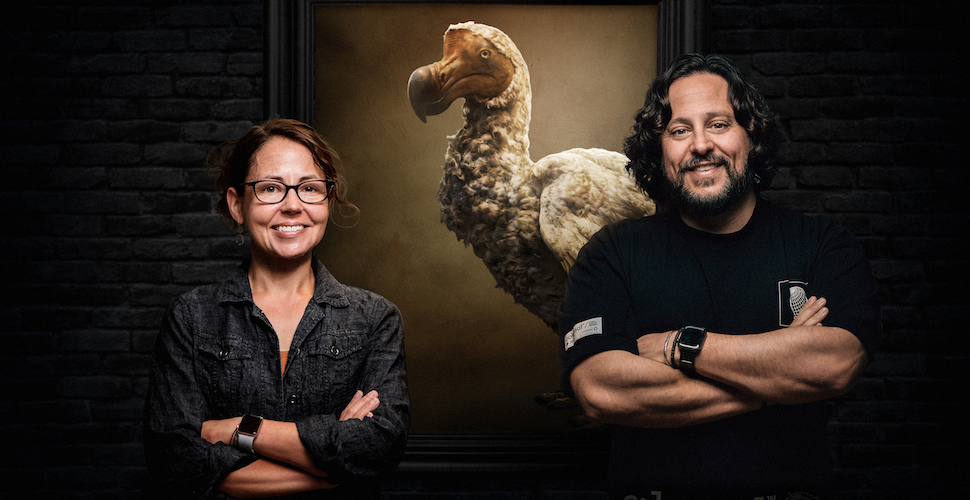
Dr. Beth Shapiro and Colossal Co-Founder and CEO Ben Lamm with a stuffed dodo. [Photo: Colossal]
In addition, the two organizations will work on the genetic rescue of the Pink Pigeon, a vulnerable pigeon endemic to Mauritius.
Vikash Tatayah, director of conservation at the Mauritian Wildlife Foundation, says the dodo “symbolizes efforts to prevent species extinctions.”
“We’re so grateful for Colossal’s technologies and the promise to return this iconic species, extinct since the 1680s, to its native environment,” Tatayah added in a statement.
What the partners aim to do
Colossal’s dedicated Avian Genomics Group has already been at work pursuing the de-extinction of the iconic flightless dodo, the organization said. Now, it will add to that effort its support for Mauritius’ prevention-of-extinction efforts and rewilding mission by leveraging Colossal’s expertise in genomics and other advanced technologies. This includes “working to advance the state-of-the-art avian reproduction through interspecies surrogacy,” Colossal said.
For its part, the Mauritian Wildlife Foundation will aid the dodo rewilding effort by restoring the dodo’s native habitats and building models for long-term management to ensure the species thrives after its reintroduction. The aim: to help the dodo grow to “self-sustainable populations” once in the wild.
“Colossal is thrilled to collaborate with the people of Mauritius on the de-extinction and eventual rewilding of the dodo,” Colossal CEO Lamm said in a statement. “The scientific discoveries we bring to Mauritius will impact the dodo and be applicable to several threatened bird species. Rewilding Mauritius with the dodo is a monumental step for avian conservation.”
Matt James, Colossal’s chief animal officer, noted that his organization’s de-extinction projects “are only successful if the animals are rewilded and brought back to their natural habitat. We look forward to working with Mauritius to ensure this happens with the dodo.”
Update on dodo de-extinction
Beth Shapiro, Ph.D., Colossal Scientific Advisory Board member and lead paleogeneticist, is the first scientist to fully sequence the dodo’s genome, Colossal said. She will be overseeing the dodo de-extinction project. Since Colossal announced the plans to de-extinct the dodo last January, the team has created reference genomes of the Solitaire, an extinct flightless bird related to the dodo, which lived on nearby Rodrigues Island, and the Nicobar Pigeon, which is the closest living relative to the dodo. Mapping the genomes of these two species has advanced the analysis of the dodo genome, Colossal said.
The team’s research into the Nicobar Pigeon’s primordial germ cells (PGCs) and optimized growth conditions have shed insight into the best path for genetic edits for the dodo. Colossal scientists say they’ve already improved the growth culture conditions needed for the proliferation of PGCs and demonstrated that the cells “are capable of colonizing the chicken gonad.” The Avian Genomics Group is now testing whether colonized PGCs are capable of differentiating into viable sperm and eggs that will produce pigeon progeny. The group is also working on the development of genetically modified chickens to act as the surrogates for the newly created dodos.
For related projects, Colossal says it will be able to open the opportunity “to investigate the optimal culture conditions for other bird species, using chickens and pigeons as surrogates for repopulation efforts.”
Only around 500 Pink Pigeons are left in Mauritius
There are roughly 500 Pink Pigeons left in Mauritius, with the birds threatened by a lack of genetic diversity. Colossal’s Avian Genomics Group will support in identifying lost diversity from historical samples and use its gene-editing technology to confer key diversity back into the Pink Pigeon population, the organization said.
![]()
Get on the list.
Dallas Innovates, every day.
Sign up to keep your eye on what’s new and next in Dallas-Fort Worth, every day.










